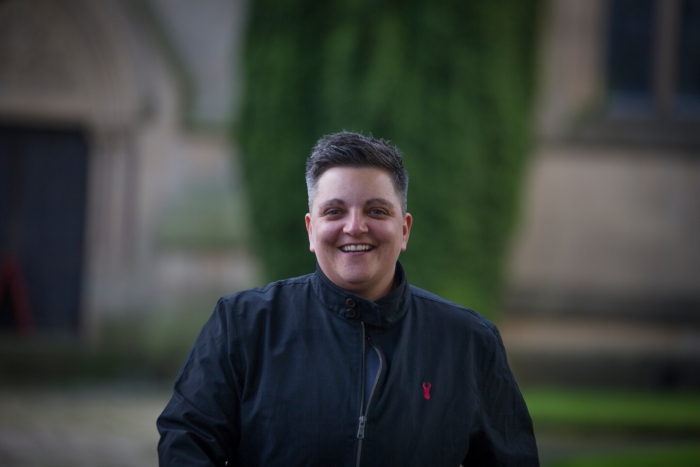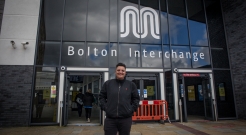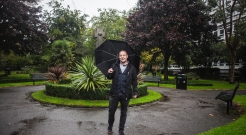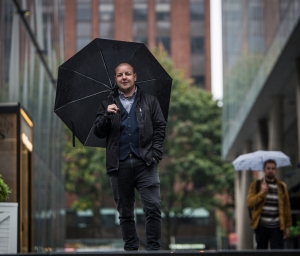 Trans people face a number of inequalities throughout society and within healthcare. In 2018, the Government Equalities Office published the National LGBT Survey: Summary - a report outlining the experiences of LGBT people within healthcare, workplaces, education and public settings.
Trans people face a number of inequalities throughout society and within healthcare. In 2018, the Government Equalities Office published the National LGBT Survey: Summary - a report outlining the experiences of LGBT people within healthcare, workplaces, education and public settings.
The report found that in the 12 months preceding the survey:
- 21% of trans respondents said their specific needs were ignored or not taken into account when they accessed or tried to access healthcare;
- 18% of trans respondents said they avoided treatment for fear of intolerant reactions;
- 80% of all trans respondents said accessing gender identity services had not been easy with 68% saying that the waiting lists had been too long.
Waiting times for Gender Identity Clinics (GICs) can vary but on average individuals wait 33-36 months from point of referral to first appointment.
With this in mind, NHS England trialed a successful new way of delivering healthcare through a three-year pilot based in Greater Manchester, which is now a fully NHS comissioned service. Indigo Gender Service is a partnership between gtd healthcare and LGBT Foundation to deliver a service designed by and for trans and non-binary people. Indigo will continue to work with Nottingham Centre for Transgender Health for additional support pathways, endocrine advice and lower surgery second assessments. All Indigo clinicians are also undertaking the gender identity healthcare credentials via the Royal College of Physicians.
Indigo is based within primary care across Greater Manchester, meaning trans and non-binary people can access supportive services that are local rather than travelling to Leeds, Sheffield or another GIC in England.
Co-production between healthcare professionals and trans and non-binary communities has been an integral part of Indigo’s development. Collaboration with LGBQ practitioners, trans and non-binary people and allies means all services are equitable and have been designed using a range of lived experience and clinical expertise.

















![Our Services - Services we offer - Care navigation [HEADER + THUMBNAIL IMAGE].jpg](/application/files/thumbnails/box_link/9416/0649/3877/Our_Services_-_Services_we_offer_-_Care_navigation_HEADER___THUMBNAIL_IMAGE.jpg)
![Our Services - Services we offer - Hormones [HEADER + THUMBNAIL].jpg](/application/files/thumbnails/box_link/6016/0649/4175/Our_Services_-_Services_we_offer_-_Hormones_HEADER___THUMBNAIL.jpg)
![Our Services - Services we offer - Voice and communication therapy [HEADER + THUMBNAIL IMAGE].jpg](/application/files/thumbnails/box_link/5816/0649/3285/Our_Services_-_Services_we_offer_-_Voice_and_communication_therapy_HEADER___THUMBNAIL_IMAGE.jpg)
![Our Services - Services we offer - Talking Therapies [HEADER + THUMBNAIL IMAGE].jpg](/application/files/thumbnails/box_link/8916/0649/2255/Our_Services_-_Services_we_offer_-_Talking_Therapies_HEADER___THUMBNAIL_IMAGE.jpg)


![Our Services - Services we offer - Additional services[HEADER + THUMBNAIL].jpg](/application/files/thumbnails/box_link/7016/0649/1561/Our_Services_-_Services_we_offer_-_Additional_servicesHEADER___THUMBNAIL.jpg)
